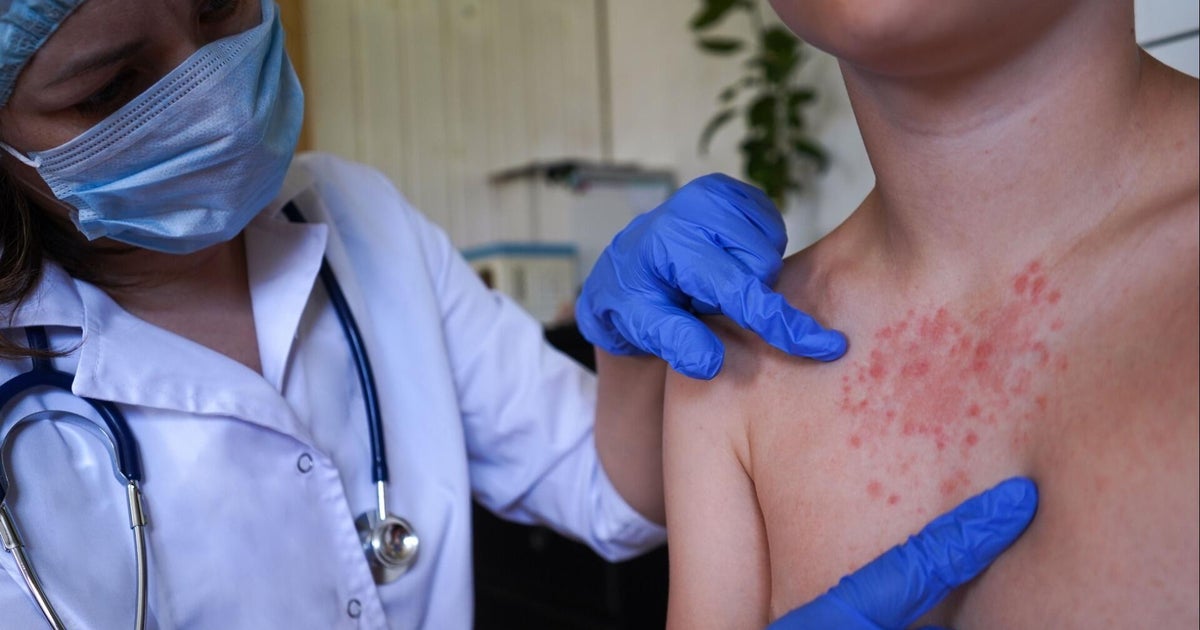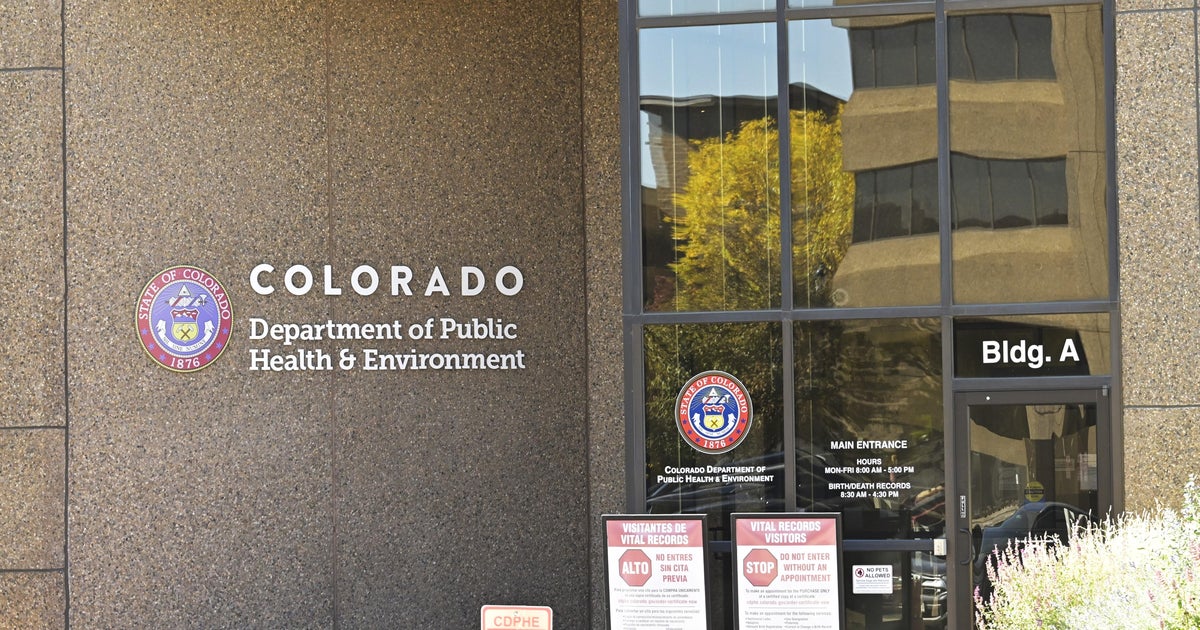Francis Collins, NIH chief, expects FDA to expand COVID-19 booster recommendation in "coming weeks"
Washington — Dr. Francis Collins, head of the National Institutes of Health (NIH), predicted Sunday that the Food and Drug Administration (FDA) will widen its recommendation on who should receive a COVID-19 booster shot in the "coming weeks" after the agency recommended the additional doses for the elderly and high-risk Americans.
In an interview with "Face the Nation," Collins said it was "very significant" that an FDA advisory committee unanimously voted in favor of offering the extra vaccine doses to people 65 and older, as well as to those who are at high-risk for exposure, but the panel wasn't convinced the boosters were needed for the general public.
"Some of the data we're seeing coming in, especially from Israel, tells me that it's likely they will get to that point, but this was a start," Collins said of the FDA approving the boosters for a wider range of the population.
The NIH chief said it may be "somewhat questionable" whether children should get an extra dose, but he believes "there will be a decision in the coming weeks to expand boosters beyond the list that they approved on Friday."
Top federal health officials announced last month that vaccinated Americans would need to get booster shots eight months after receiving their second dose of a COVID-19 vaccine, and the Biden administration was prepared to begin offering boosters this week subject to their approval from the FDA and Centers for Disease Control and Prevention (CDC).
But the FDA panel of outside experts on Friday rejected a request from Pfizer for full approval of a third dose of its vaccine. The advisers did, however, endorse the additional shots for older and high-risk Americans, such as health care and frontline workers, such as teachers.
The CDC will convene its Advisory Committee on Immunization Practices this week to make its own recommendation on booster shots.
Collins said teachers could be among the population green-lighted for a booster given that some are in classrooms with children under 12, who are not yet eligible to get vaccinated. But he said the recommendation from the FDA regarding the high-risk category was "a little ambiguous."
"Maybe in that regard, they kind of fit into the same category as health care providers," Collins said, though he acknowledged the CDC's advisory committee will have to "wrestle" with who is considered to be at a high risk of exposure.
Collins said the NIH is also in the middle of trials to see whether the three vaccines approved for emergency use — from Pfizer, Moderna and Johnson & Johnson — can be mixed and said the agency will know more about whether a person can get another dose of a different vaccine in the next two to three weeks.
"We have this abundance of good things," he said. "We have three vaccines that have received approval in the U.S. It's not surprising that they're not exactly in perfect synchronization as far as timing, but it's not far off. So people who got Moderna, that would be including me, need to sort of hang on here and see what the recommendation is for those of us who were interested in a booster, and people shouldn't be rushing out right now and getting a booster before it's actually gone through this process, a fair number of people seem to be doing that. Hang on, people."
Still, Collins said the vaccines are highly effective in protecting against severe disease and hospitalization.
"What we're worried about is that it's beginning to erode and we're seeing more breakthrough cases and we don't want to get behind this virus," he said. "We want to stay ahead of it."



